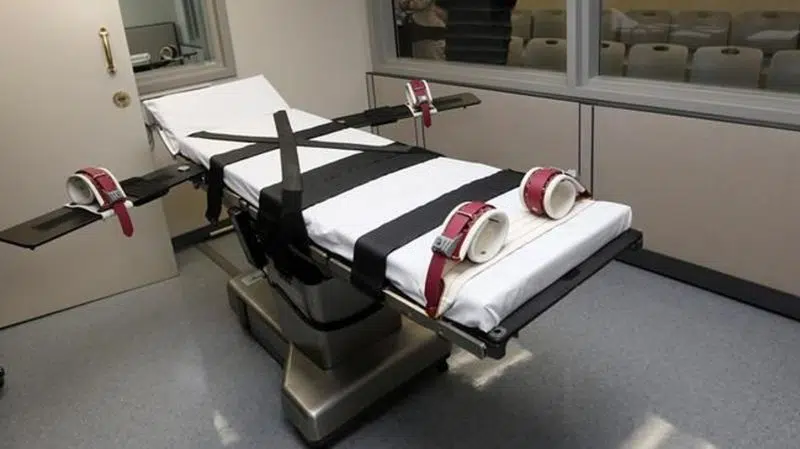
Attorney general says Oklahoma to resume executions
OKLAHOMA CITY — Oklahoma plans to resume executing death-row inmates, five years after lethal injections were put on hold following a series of death-chamber mishaps, state officials announced Thursday.
Gov. Kevin Stitt, Attorney General Mike Hunter and Oklahoma Department of Corrections Director Scott Crow said in a joint news release that the state will resume executions using a three-drug lethal injection protocol and that a source for the drugs has been secured. The three drugs are: midazolam, vecuronium bromide and potassium chloride.
“I believe capital punishment is appropriate for the most heinous of crimes and it is our duty as state officials to obey the laws of the state of Oklahoma by carrying out this sombre task,” Stitt said.
Hunter said his office has notified the state criminal appeals court that they’re ready to resume executions, which triggers a five-month wait before an execution can be scheduled.


